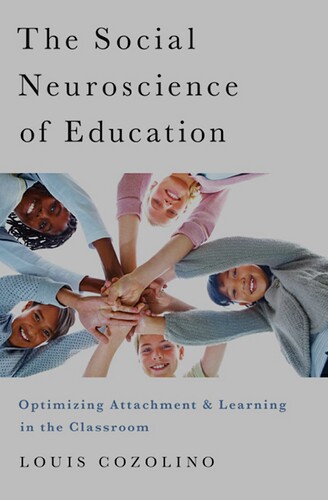As we can see from the research, play enhances sensorimotor development, social-emotional skills, abstract thinking, problem solving, and academic achievement (Hofferth & Sandberg, 2001). It also suggests that the dichotomy that exists in our culture between education and play may have little ground in our evolution or neurobiology (Burghardt, 2005). Whether we call it learning or play, we have a natural drive to engage in some endeavor in a productive and meaningful way that stimulates our brain to be ‘turned on and tuned in’."
I’ve been reading this book, and finding myself completely engrossed in reframing so much of my teaching practices and thinking about learning and children in terms of neuroscience and evolutionary biology.
That sounds heavy, I know, but this book has made those things really approachable, which I think is part of why I’m enjoying it so much. The quote above comes from the chapter titled “How Play Became Nature’s Pedagogy”, in which the author tries to debunk the notion that learning and play are somehow separate, and that play is less important that other things on our educational ‘to do’ list.
Much of what I love about educational robotics is that it engages students in meaningful learning that feels like play. Students are literally playing a game in competition, or pretending with their robot as they push a dragon, or imagining their robot as a rover on Mars. This ability to present meaningful learning experiences in a playful way not only feels right to many of us as people who know children, but also has a legitimate scientific value in engaging students and helping them to make more of the neural connections needed to learn.
As many of us are starting off our new years, I thought this was as good a time as any to bring up this idea of playfulness in learning. As you establish the culture of your classroom with your students, what can you do to be mindful of play? Yes, learning can be ‘serious’ but it can also be deep and important and fun at the same time! (No matter how old your students are!)

